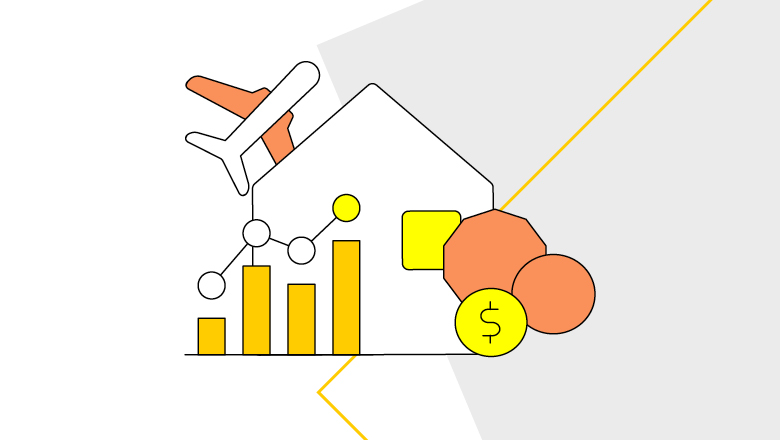Surging numbers of international students enrolling for universities saw education spending rise strongly by 2.8 per cent in August, with the annual rate of spending on education accelerating to 14.7 per cent and up from 9.0 per cent in July.
Recreation spending rose 1.9 per cent in August and to 8.4 per cent on an annual basis due to the FIFA tournament and a number of big name concert tours, with ticketing agency spending up 70 per cent in the month. Recreation spending was also driven by online travel bookings, commercial airlines, cruise lines and accommodation.
Queensland saw the strongest monthly spending growth during August (+1.5 per cent), followed by Tasmania (+1.3 per cent) and ACT (+1.1 per cent), while annual spending growth remains strongest in Western Australia (+4.7 per cent) and South Australia (+4.5 per cent). Spending growth is weakest in Victoria and flat year on year, with only a small rise in spending in August (+0.4 per cent).
CBA Chief Economist Stephen Halmarick said that annual spending growth measured by the CommBank HSI Index remained subdued despite increasing 2.3 per cent in August, and was significantly weaker than its peak of 18.7 per cent in August 2022 as households manage the increased cost of living.
“The effects of 400bp of Reserve Bank of Australia interest rate rises is clearly reflected in a significant slowdown in annual household spending growth measured by the CommBank HSI Index. With the RBA holding rates since June, our view is that the hiking cycle is now at an end.
“Monetary policy is now restrictive and financial conditions will continue to tighten in the months ahead on the lagged effect of RBA interest rate hikes and the fixed rate mortgage refinancing task. We continue to expect household spending to weaken further over the remainder of 2023 and into 2024,” Mr Halmarick said.
The CommBank HSI Index is based on 12 spending categories, with a breakdown provided between goods and services, retail and non-retail, as well as essential and discretionary spending. A separate Home Buying Index tracking home lending data rose by 0.6 per cent in August, decelerating on an annual basis to -13.0 per cent from -9.0 per cent in July.
“Although there will still be a lagged effect from previous interest rate rises from the RBA, our view that interest rates have peaked in Australia will likely support home buying activity in the months ahead, albeit constrained by a low level of available supply. We forecast dwelling prices will rise 7 per cent in 2023 and by a further 5 per cent in 2024,” commented Mr Halmarick.
The CommBank HSI Index uses all CBA credit and debit card transactions (including ATM, BPAY and direct debit payments) to show national and state-based Australian consumer spending each month. Future release dates for 2023 are 11 October, 13 November and 13 December at 2.30pm. For more information on the monthly CommBank HSI Index, visit: commbank.com.au/hsi
Things you should know
NOT INVESTMENT RESEARCH. The Commonwealth Bank ‘Household Spending Insights’ is not investment research and nor does it purport to make any recommendations. The Commonwealth Bank ‘Household Spending Insights’ has been prepared without taking into account your objectives, financial situation (including your capacity to bear loss), knowledge, experience or needs. You should not act on the information contained in this document. To the extent that you choose to make any investment decision after having read this document, you should not rely on it but consider its appropriateness and suitability to your own objectives, financial situation and needs, and, if appropriate, seek professional or independent financial advice, including tax and legal advice. The data used in the ‘Commbank Spending Insights’ series is a combination of CBA Data and publically available Australian Bureau of Statistics (ABS), CoreLogic and Reserve Bank of Australia data. Any reference made to the term ‘CBA data’ means the proprietary data of the Bank that is sourced from the Bank’s internal systems and may include, but is not limited to, home loan data, credit card transaction data, merchant facility transaction data and applications for credit. All customer data used, or represented, in this report is de-identified before analysis and is used, and disclosed, in accordance with the Group’s Privacy Policy. Commonwealth Bank of Australia ABN 48 123 123 124 AFSL 234945

